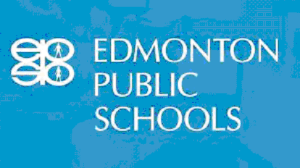Time-outs are common practice for various reasons and settings. Time-outs are used in sports, in meetings, in computers, in parenting and in schools. There are time-outs in schools, then there are time-outs+ more commonly referred to as seclusion rooms. Seclusion rooms became a real hot topic since 2018 due to an incident outside the city. In 2019 the NDP banned the use of seclusion rooms, but they were reinstated by the newly elected UCP government in the same year. When the education minister reversed the ban, he also introduced standards for use of seclusion and restraint in schools.
In May Edmonton Public Schools (EPS) reported that it has 167 active seclusion rooms in 80 of its schools, but 25 of those schools never used the rooms. In April 2024 Alberta Education reported a total of 263 seclusion rooms in Alberta schools. This means Edmonton Public Schools has 63 per cent of the province's seclusion rooms while enrolling about 14 per cent of Alberta K-12 students.
Each year school principals decide whether they need active seclusion rooms based on the programs and students in the school and this year 25 new seclusion rooms will be constructed. At the May 24 meeting, Superintendent Darrel Robertson said it is easier to build the rooms and decommission them if not needed than to add them after the fact.
There is plenty of opposition against seclusion rooms, but Superintendent Robertson has the task of representing the teachers and support staff who only use seclusion in a crisis when a student's behaviour presents a risk of harm to themselves or others.


